
Seaweed Carbon Solutions (JIP)
Reducing atmospheric GHG through offshore ocean seaweed farming and conversion to climate positive products or solutions.

Reducing atmospheric GHG through offshore ocean seaweed farming and conversion to climate positive products or solutions.

The competence building project (KSP) MultiFlow SUITE contributes to digitalization of the Norwegian Continental Shelf. Large amounts of data will be exploited in development and training of digital tools that reflect how gas, oil, and water flow...
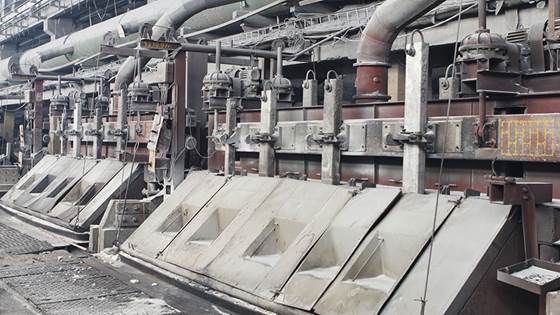
The objective of the project is to get rid of a waste challenge and at the same time create products of value, demonstrated at pilot scale. In addition, the effect of circularity in quantification of sustainability is studied.
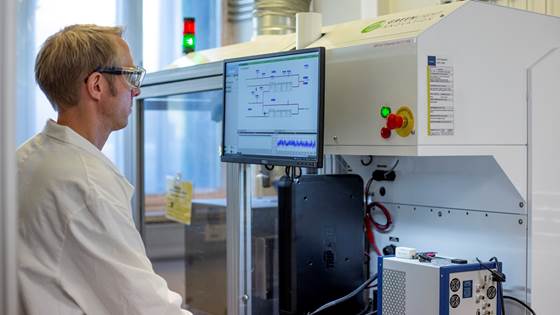
CO2SMOS aims to develop cost-effective routes to produce high added-value bio-based chemicals from bio-based industrial CO2 emissions and renewable energy sources (green H2 and biomass).
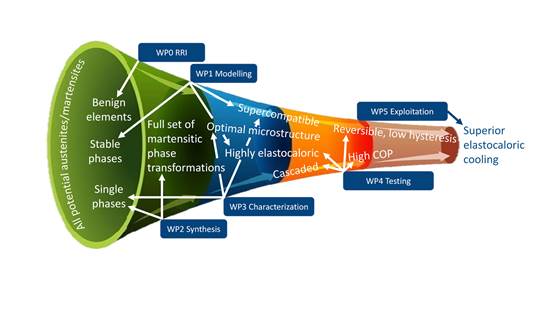
The goal of Cool'em is to develop a superior cooling technology based on the elastocaloric effect.
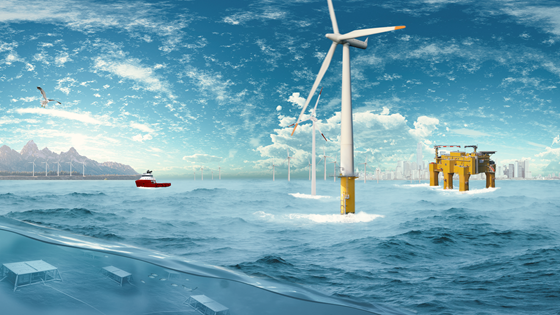
FME NorthWind (Norwegian Research Centre on Wind Energy) will bring forward outstanding research and innovation to create jobs and grow exports, and to facilitate the sustainable development of wind power.
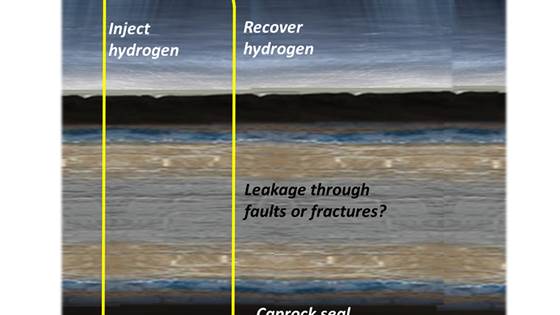
Emissions from petroleum production stand for over 25% of Norway's total CO2 emissions, and these must be significantly reduced for the country to reach its ambitions in the Paris Agreement.
The production of photovoltaic modules generates significant resource flows, much of which currently becomes waste, including silicon kerf, graphite, and silica from ingot production.
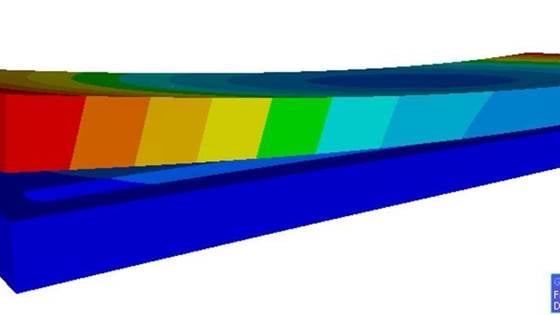
Automotive car makers increasingly use light-weight aluminium structures to reduce the environmental footprint of cars during life-of-use (lower energy consumption) and to allow for the heavy batteries used in electric vehicles.